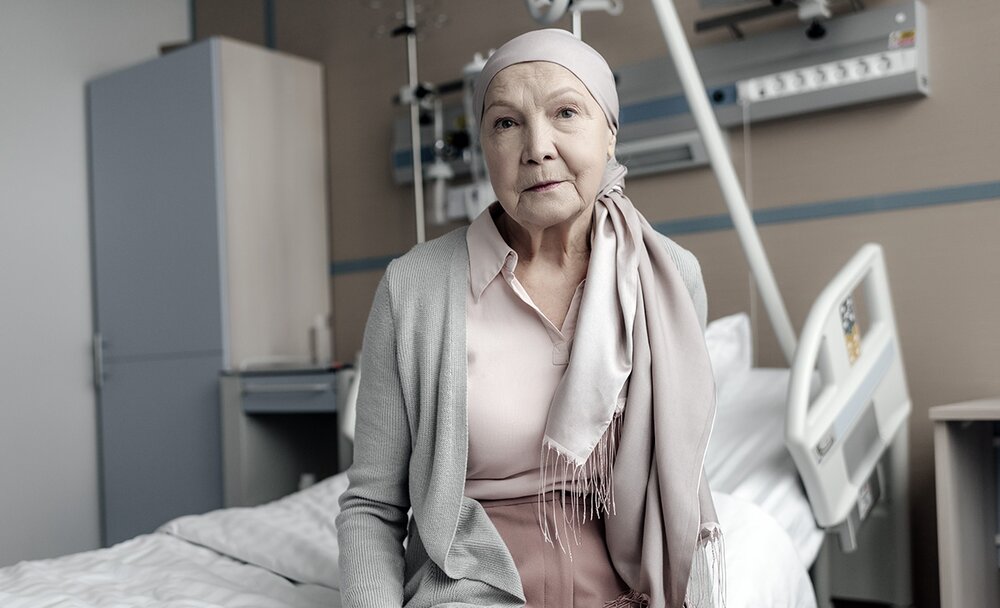When a Loved One Receives a Terminal Diagnosis
When a loved one finds out that they have a terminal illness, it can be overwhelming to navigate the next steps. It can be difficult to know where to start. Preparations for care, end-of-life services, and legal arrangements need to be navigated, all while your loved one and those around them deal with anticipatory grief. Below, this article will discuss important steps to consider as your family navigates these last days.
Healthcare Preferences
During these vital stages of end-of-life care, having someone to advocate for your loved one medically in your stead is vital. Generally, your loved one needs to assign someone as a healthcare proxy. A spouse has the authority to advocate, but an estate attorney can help you draft up the documentation to assign someone. Additionally, an attorney can assign medical power of attorney, which offers the individual a wider authority of choice during medical situations.
Care Options
Healthcare coverage will generally come from your loved one’s health insurance. Older individuals may receive coverage from Medicare. Veterans can often receive care coverage through the Department of Veterans Affairs. Understanding where cost coverage comes from can determine what care they can receive going forward. This can be important if further treatment or hospice care is required.
Legal Documents
Your loved one’s estate attorney can help them prepare any necessary legal documents. This usually includes the Will, but there are other options available as well. Power of Attorney, Do Not Resuscitate (DNR) orders, and organ donor designations can be established through your attorney. Additionally, their attorney can help your loved one establish trusts to protect estate funds for heirs.
Anticipatory Grief and Mental Healthcare
Counseling or therapy is an often overlooked aspect of care for the terminally ill. Facing your mortality is never easy, especially when given a timeframe by a doctor. Mental healthcare for a terminally ill individual can help them navigate the overwhelming emotions of their circumstances. For friends and family, mental health services can help you find the strength to support your loved one during their most difficult challenges. Therapy can also help process your feelings and find acceptance in losing your loved one.
Funeral Arrangements
Funerary arrangements, burial options, and more are a part of end-of-life decisions. Preplanning with your local funeral home will help your terminal loved one have a say in their memorial services. This can include everything from choosing their casket or urn, picking floral arrangements, and deciding on a design for their memorial headstone. Preplanning can also help reduce the monetary burden of a memorial service. It allows the family to start paying for the services ahead of time. Involving your loved one in the planning process can help ensure that their wishes are being met.
The author of this post is not a professional therapist or counselor. For more personalized grief care, find a grief counselor that is right for you. For our Grief Resource Center, written by Dr. Bill Webster, click here.
Matthew Funeral Home does not provide medical, legal, or financial advice via articles. This material has been prepared for informational purposes only. It is not intended to provide, and should not be relied on for legal, financial, or medical advice.
For over 50 years, Matthew Funeral Home has been serving the Staten Island community. We can help with almost every aspect of your loved one’s memorial service. Our family is here to serve yours, every step of the way.
 (718) 761-5544 |
(718) 761-5544 |  matthewfh@matthewfuneralhome.com |
matthewfh@matthewfuneralhome.com |  2508 Victory Boulevard, Staten Island, NY 10314
2508 Victory Boulevard, Staten Island, NY 10314








 matthewfh@matthewfuneralhome.com
matthewfh@matthewfuneralhome.com
Comments